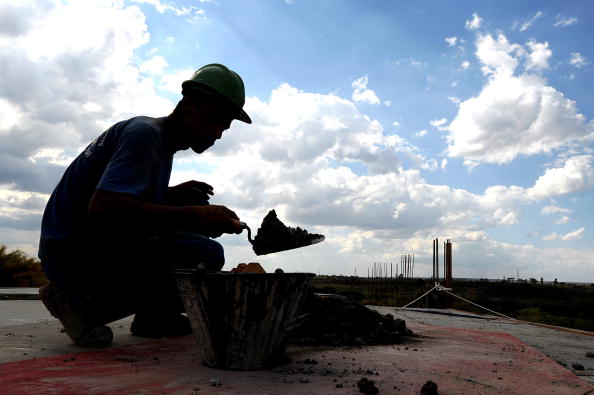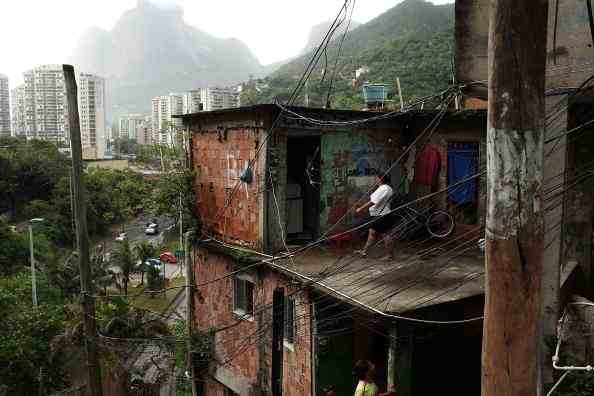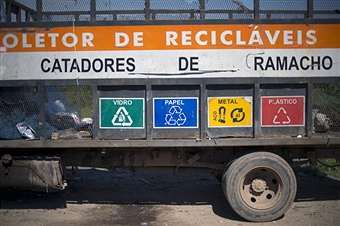By David Gold
May 18 – Brasília and Cuiabá are among the Brazilian cities leading the way in the country’s drive to meet its environmental objectives for the World Cup in two years’ time.
In advance of the 2014 FIFA showpiece, Brazil has established a Thematic Chamber for Environment and Sustainability to help meet its sustainability targets.
Brazil 2014 are working towards five broad green objectives: certifying the sustainable construction of stadiums; an organic and sustainable World Cup; the establishment of World Cup parks; the creation of waste and recycling programmes; and a reduction in the effects of climate change.
Brazil is also providing work, with guaranteed good conditions, for prisoners, the homeless and exploited workers.
Around 60 prisoners and ex-prisoners are also working on construction projects in Brasília, Cuiabá, Bahia and Belo Horizonte.
Another 113 former homeless people are working on the Arena Fonte Nova in Salvador.
For the first time in the history of FIFA’s flagship tournament, stadiums built for the World Cup will also have a certification standard in sustainable construction.

This certification has four levels: basic, silver, gold and platinum, with the latter pursued by the Estádio Nacional in Brasília.
“Brasília faces a challenge, since no stadium in the world has even come close to achieving the Platinum certification,” said Philip Faria of the Green Building Council.
“Regardless, seeking certification is an important step forward and Brazil is a world leader in the construction of sustainable arenas.”
Another city leading the sustainability drive is Cuiabá, which will also be one of the first host cities to offset all of the carbon emitted during construction of the new Arena Pantanal.
During work on the city’s new stadium, organisers have also ensured that all debris from the demolition of the old Estádio José Fragelli has been re-used.
Close to 1.4 million trees are also being planted in the area on the banks of the Cuiabá, Paraguay and São Lourenço rivers.
Carbon credits generated from these trees will be purchased from residents of Cuiabá by the Special Secretariat for the 2014 World Cup.

Two years ago, they launched the Green World Cup Project, on which R$3.5 million (£1.1 million/$1.7 million/€1.3 million) is being spent up to 2015.
It was recently confirmed that solar panels from Chinese firm Yingli will be installed on the roof of the iconic Maracanã, which will stage the final of the World Cup.
To meet its objectives Brazil is also collecting solar energy and rainwater, and transforming rubble from demolition works into reusable material.
Selective waste collection, smoking prevention programmes and transferring thousands from slums to decent housing are among the other initiatives being carried out.
“Brazil stands as a global leader in sustainability, and we see a great opportunity here to advance this issue,” said Federico Addiechi, director for social responsibility at FIFA.
“We want to develop a unique model to be followed by the world, so that sustainability will be taken into consideration from the beginning stages, with the construction of stadiums, to the long-term management of these arenas.”
Contact the writer of this story at zib.l1745209676labto1745209676ofdlr1745209676owedi1745209676sni@d1745209676log.d1745209676ivad1745209676

